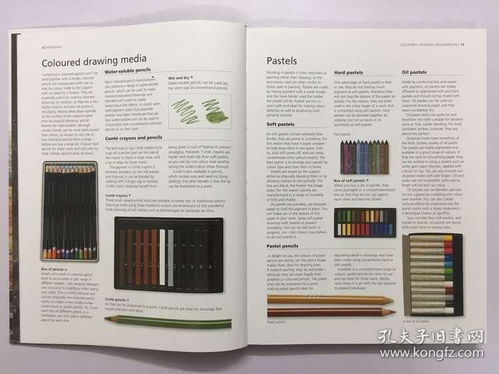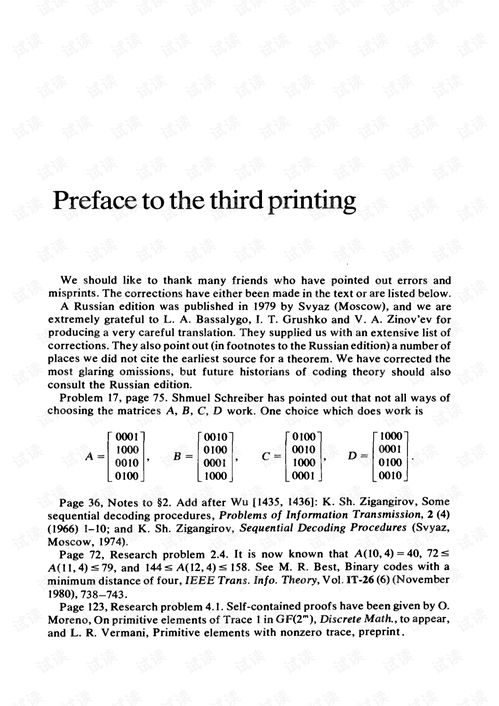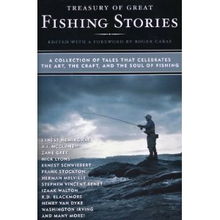Content:
Introduction: Fishing for small carp, also known as common carp or grass carp, is a popular activity among anglers of all levels. These fish are abundant in many fishing ponds and offer a great challenge for both beginners and experienced anglers. In this article, we will discuss some essential tips and techniques to help you master the art of catching small carp at fishing ponds.
Choose the Right Equipment: To catch small carp, it is crucial to have the right equipment. Here are some key items you should consider:
a. Rod and Reel: A medium-light to light-action rod and reel combination is ideal for small carp. The rod should be around 6 to 7 feet long, with a fast action to help with hooksets and playing fish.
b. Line: Use a monofilament line with a breaking strength of 4 to 6 pounds. This will provide enough sensitivity to detect bites while being strong enough to handle small carp.
c. Hook: A size 6 to 10 hook is suitable for small carp. Ensure the hook is sharp and properly sharpened to increase your chances of a successful catch.
d. Lures and Baits: Small carp are attracted to a variety of lures and baits. Live bait, such as worms, maggots, or small fish, can be highly effective. Artificial lures like small spinners, jigs, or soft plastics can also work well.
Select the Right Location: Finding the right spot in a fishing pond is crucial for success. Here are some tips to help you locate the best areas:
a. Look for areas with vegetation: Small carp often feed on insects and plants found in and around vegetation. Look for areas with dense weed beds, lily pads, or reeds.
b. Observe fish activity: Keep an eye out for fish jumping or splashing around. These signs indicate that carp are active in the area.
c. Check the water depth: Small carp tend to stay in shallow water, so focus on areas with a depth of 2 to 4 feet.
Timing and Weather Conditions: The timing of your fishing trip can significantly impact your success. Here are some tips to consider:
a. Early morning or evening: Carp are often most active during these times, as the cooler temperatures and reduced sunlight make them more likely to feed.

b. Overcast days: On overcast days, the reduced sunlight can make it easier for small carp to feed, as they are less likely to be spooked by shadows.
c. Avoid windy conditions: Wind can create choppy water, making it difficult for small carp to feed. Try to fish on calm days or when the wind is at your back.
Presenting Your Bait: The way you present your bait can make a significant difference in your success rate. Here are some techniques to try:
a. Dead bait: For dead bait, such as worms or maggots, fish them on the bottom by letting them drift naturally. Keep your line tight to feel any nibbles or movements.
b. Live bait: Live bait, like small fish or worms, can be fished in a variety of ways. You can use a float to keep the bait just above the bottom or let it swim freely in the water column.
c. Artificial lures: When using artificial lures, vary your retrieve speed and technique. Small jigs, spinners, or soft plastics can be worked slowly or with a more aggressive approach, depending on the carp's behavior.
Patience and Persistence: Catching small carp requires patience and persistence. Here are some tips to help you stay focused and increase your chances of success:
a. Take your time: Don't rush the process. Spend time observing the water and understanding the behavior of small carp.
b. Be prepared: Bring along a variety of baits and lures to cater to different conditions and carp preferences.
c. Learn from experience: Keep track of your fishing trips and analyze what worked and what didn't. This will help you refine your techniques and improve your chances of catching small carp in the future.
Conclusion: Catching small carp at fishing ponds can be a rewarding and enjoyable experience. By following these essential tips and techniques, you will be well on your way to mastering the art of fishing for these delightful fish. Remember to practice patience, persistence, and adaptability, and you'll soon be reeling in small carp with ease. Happy fishing!












